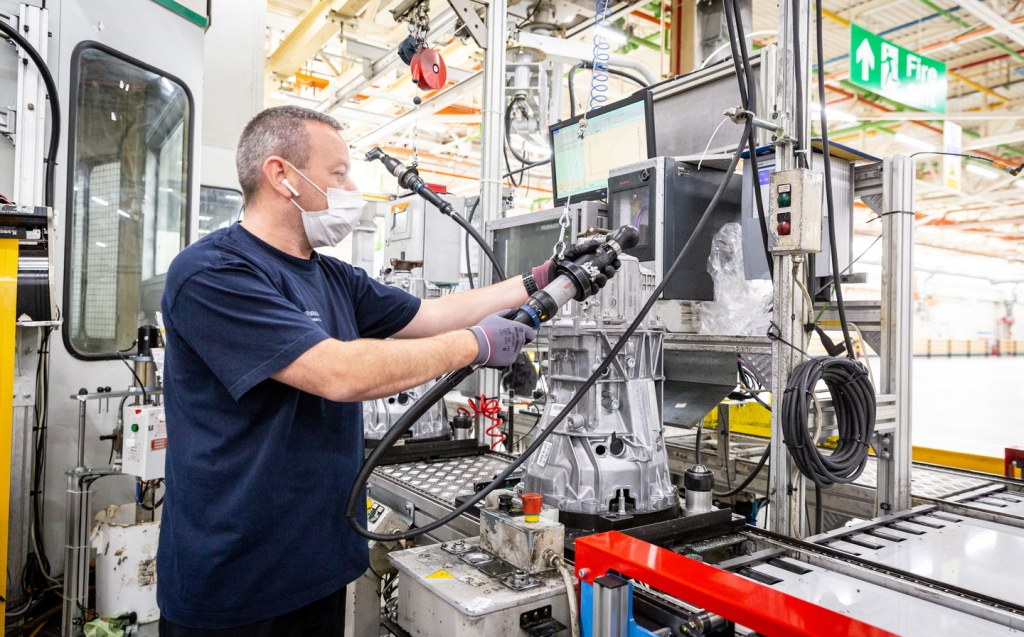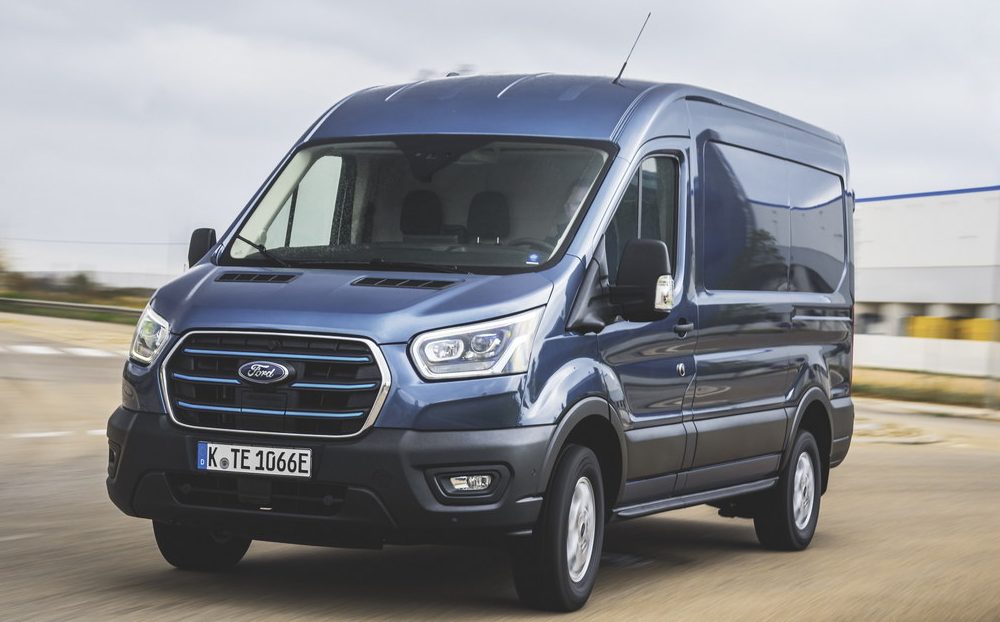Ford to axe 1,300 jobs in UK
Tough economic outlook and switch to EVs cited as reasons
Ford has announced that it is to axe some 1,300 jobs in the UK — one fifth of its British workforce — over the next two years.
The move comes as part of a broader move to cut nearly 4,000 jobs across Europe in the coming years in an effort to slim down the company’s model range and divert cash towards electric vehicle development and production.
The majority of the UK job cuts will be at the firm’s Dunton research facility in Essex, though hundreds of other back-room jobs around the country are also expected. Ford said it aims to achieve these job reductions through voluntary redundancies.
In all, the company announced that 2,800 engineering roles across Europe would be cut by 2025, and that around 1,000 jobs in its administrative, marketing, sales and distribution teams are set to go.

The move comes two years after Ford shuttered its Bridgend engine production plant in south Wales, production at the company’s Dagenham, Daventry and Halewood factories isn’t due to be affected.
“Here in Europe we’ve got a pretty difficult economic situation, and the outlook is uncertain,” said Tim Slatter, chairman of Ford of Britain.
“High inflation, higher interest rates, the ongoing war in Ukraine, cost of energy and so on.”
A tough economic outlook, however, is not the only reason Ford intends to trim its outgoings in Europe.
From 2030, all Ford passenger vehicles sold will be pure-electric, with two thirds of the van fleet either electric or plug-in hybrid. By 2035, Ford plans on becoming an electric-only brand on this side of the Atlantic, covering all cars and vans.
The Ford Transit, which already has an electric variant, has been the UK’s bestselling vehicle overall for the last two years as online shopping has fed demand for home deliveries.

In June, the Fiesta supermini will cease production at the company’s Cologne plant in Germany to make way for the first of two electric SUVs based on underpinning devised by Volkswagen Group for its electric cars, such as the VW ID.4 and Skoda Enyaq iV.
An electric version of the big-selling Ford Puma crossover is also due in 2024.
Ford has committed to invest around £41m in electric vehicle development over the next few years, and has committed £230m to retooling its Halewood factory on Merseyside for electric motor production. It plans to produce 250,000 power units a year from 2024.
This switch away from combustion engines and towards electric vehicles, however, will require a much smaller localised engineering staff as electric platform and powertrain development doesn’t require the same level of manpower as engineering a product line with a diverse range of petrol, diesel and hybrid options.
Martin Sander, head of Ford’s German business and of the company’s European EV operation, said:
“There is significantly less work to be done on drivetrains moving out of combustion engines. We are moving into a world with less global platforms where less engineering work is necessary. This is why we have to make the adjustments.
“These are difficult decisions, not taken lightly. We recognise the uncertainty it creates for our team, and I assure them we will be offering them our full support in the months ahead.”

Jim Holder, editorial director at What Car?, warned that unless the government lays out a cohesive industrial strategy the UK and its automotive industry risks getting left behind in the EV pivot.
“Ford’s announcement underlines once again the scale of the one-in-a-century transformation that the automotive industry is undergoing, and the depths of change it is having to embrace to maintain profitability while investing the hundreds of billions required to make the electric transition.
“The UK had been at the heart of Ford’s automotive empire for decades, but its position has been eroded by a succession of job cuts and plant closures.
“If the Government is serious about preserving roles in this sector it needs a strategy that puts the industry on the front foot to take advantage of the green revolution.
“Today, we lag behind our European neighbours and risk being overwhelmed by the investment going into the sector in the USA and China.”
His comments followed those of the former Aston Martin CEO, Andy Palmer, who said that unless the UK ramps up electric vehicle battery production the entire domestic automotive industry faces a bleak future. Nissan executives also recently warned that the future of its Sunderland factory was uncertain without government support.
Related articles
- After reading that Ford is to axe 1,300 jobs in the UK you may be interested to read about Ford’s F1 return, in partnership with Red Bull Racing
- Here’s our story on the scrapping of the Ford Fiesta, S-Max and Galaxy, as part of its shift to electric cars
- New Transit van has a tilting steering wheel that acts as a meal tray or laptop stand
Latest articles
- Seven great automotive events to visit this summer, from F1 to art and champagne
- Watch new Porsche 911 GT3 smash Nürburgring record for manual cars
- Skoda Elroq 2025 review: Czech carmaker can’t seem to miss with its electric family cars
- Five best electric cars to buy in 2025
- Should I buy a diesel car in 2025?
- F1 2025 calendar and race reports: The new Formula One season as it happens
- Zeekr 7X AWD 2025 review: A fast, spacious and high tech premium SUV — but someone call the chassis chief
- Denza Z9GT 2025 review: Flawed but sleek 1,062bhp shooting brake from BYD’s luxury arm
- Extended test: 2024 Renault Scenic E-Tech review














